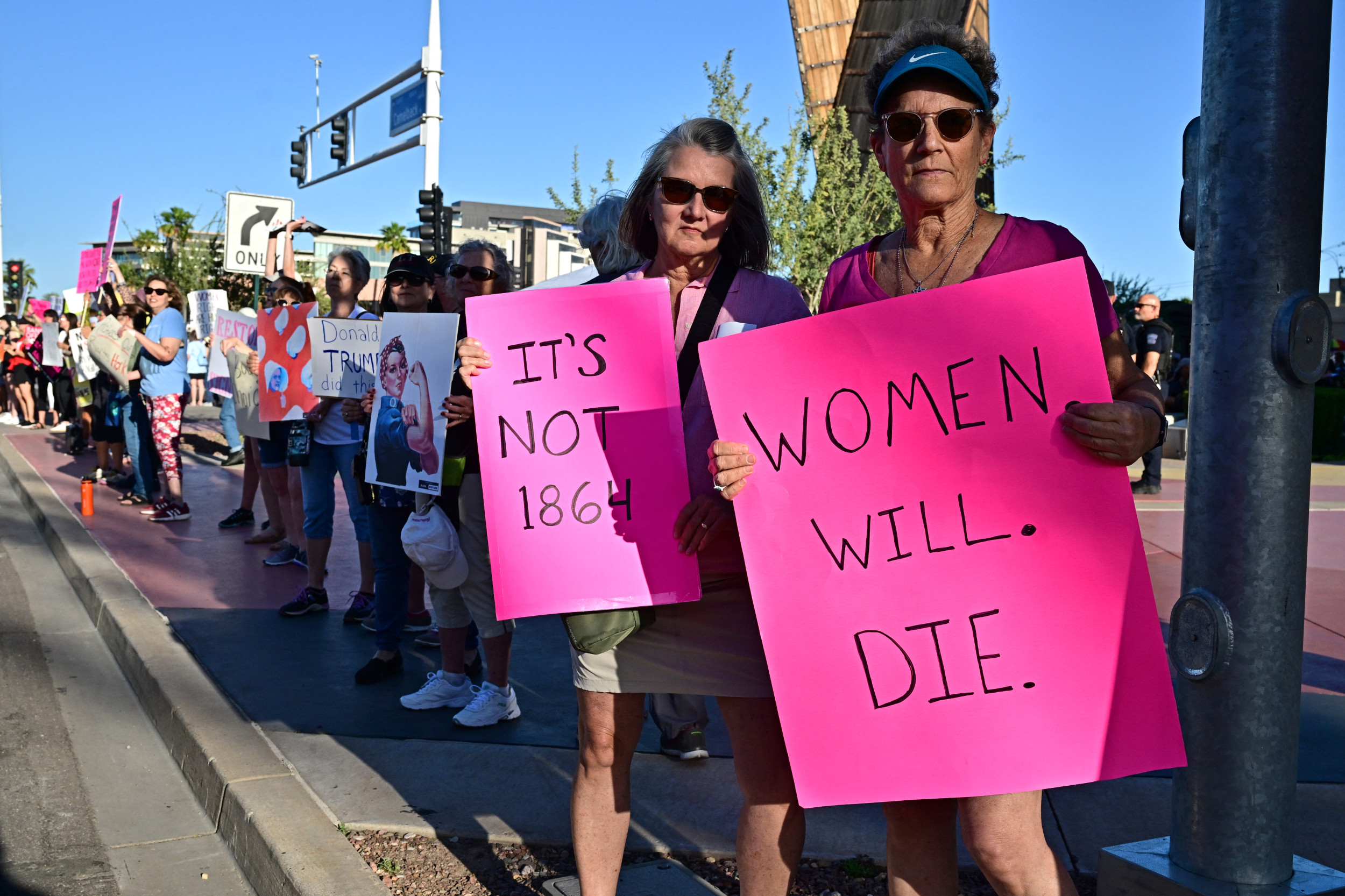As the nation finds itself in a third wave of COVID-19 and some states are enacting a new round of policies to curb the virus, we ought to take a moment to reflect on where we have been, and where our leaders would take us.
Sometime in the first few months of the pandemic, the tone of reporting and expert recommendations shifted. The default assumption of "we'll probably all get this, so let's just flatten the curve," gave way to something else, a hope that if we just settle upon the right policy, we can halt COVID-19 altogether. Governmental authorities have largely sidestepped the normal legislative process and relied on executive power to impose and repeatedly extend measures to control the spread. Even if we believe that defeating the virus is possible, that this happened without much public debate should be cause for alarm.
Amidst this year's anxiety, uncertainty and pain—and the radically different approach we have taken to COVID-19 than previous pandemics—it is easy to forget that this is far from the first time Americans have found themselves in these circumstances. Our nation's founders, in particular, took a dramatically different approach to far more dangerous outbreaks, and as this plague year comes to a close, we should pause and reflect on their example.
By almost any measure, the 18th century was an objectively more deadly time than our own. There was less public sanitation to slow the spread of even ordinary germs, and far fewer actual medications to treat those who became ill.
Although germ theory was not yet fully developed, early Americans understood through observation and experience that some diseases (like smallpox) spread from person to person. They also understood that the smallpox virus, which was particularly virulent, had the ability to survive on surfaces for relatively long periods. All told, the disease routinely killed between 15 and 20 percent of those infected in any given outbreak during the period—and sometimes the mortality rates were even higher.
In early America, outbreaks of smallpox occurred with morbid regularity. Although Cotton Mather began to advocate smallpox variolation (the intentional introduction of a small amount of pox pus into the bloodstream of a healthy person in hopes of giving the individual a mild case that would create immunity) during the Boston outbreak in 1721, such efforts were unpredictable and dangerous. To be successful in creating immunity, variolation required that the patient actually catch the disease; inoculated individuals were themselves contagious and even with relatively mild cases required regular care for six to eight weeks.

Abigail Adams brought her children, their mattresses and the family cow from Braintree into Boston in July 1776 to receive smallpox inoculations. She expected it would be dangerous. Yet in comparison to the genuine peril of the disease itself, she appears to have considered it a matter of necessity. Adams was not alone—she describes at least six or seven separate households coming together at the home of her uncle for a total of 17 persons crammed into a single dwelling in order to endure the inoculation period in company, planning ahead so that there would be many hands to provide care for those who had the worst reactions to the inoculation.
Adams and her extended family and neighbors prepared for their inevitable brush with the disease prudently. Likewise, colonial and revolutionary governments adopted a wide variety of legislative measures to regulate inoculation and to limit the spread of the infection from those who contracted the virus organically, including setting up smallpox hospitals, quarantining individual households and blocking streets to redirect traffic around neighborhoods with known cases of the pox.
What they did not do was shut down ordinary society, or treat all risk as untenable or all persons as carriers. Churches still gathered; indeed, many held additional services of prayer and fasting on behalf of the afflicted. Businesses operated as normal, and families and friends still enjoyed spending time in company.
While the notion of police powers was a clearly established one at the founding, it does not appear to have been on anyone's mind that the use of the "public good" argument might extend to restricting the activities of ordinary citizens at home, at work or at worship. Then as now, many diseases had long incubation periods and some infected persons were asymptomatic. Yet there were no attempts to curtail the ordinary liberties of people who were not demonstrably sick. Nor were there efforts to impose a rigid set of regulations on social interactions between persons of sound mind with the ability to assess the risks for themselves. Importantly, life carried on despite the genuine prevalence of death as a result of disease—an entire war was fought and won on behalf of liberty during a smallpox epidemic.
Some protective measures are surely required in the face of the pandemic, but our legislatures and judges remain largely silent in the face of executive orders that demand indefinite changes to our lives. We—who have the benefit of much greater medical knowledge and technology than were available to the Founders—are not even having a public conversation about the tradeoffs between liberty and safety. What earlier Americans understood—and what those who advocate increasing restrictions in the name of safety do not—is that none of us are promised tomorrow under any circumstances.
Pandemic or no pandemic, for human flourishing and not just survival, we require society with others. This holiday season, we ought to remember this and act accordingly.
Sarah A. Morgan Smith is the Director of Faculty at the Ashbrook Center at Ashland University. Brian A. Smith is the Managing Editor of Law & Liberty.
The views expressed in this article are the writers' own.
Uncommon Knowledge
Newsweek is committed to challenging conventional wisdom and finding connections in the search for common ground.
Newsweek is committed to challenging conventional wisdom and finding connections in the search for common ground.
About the writer
To read how Newsweek uses AI as a newsroom tool, Click here.





